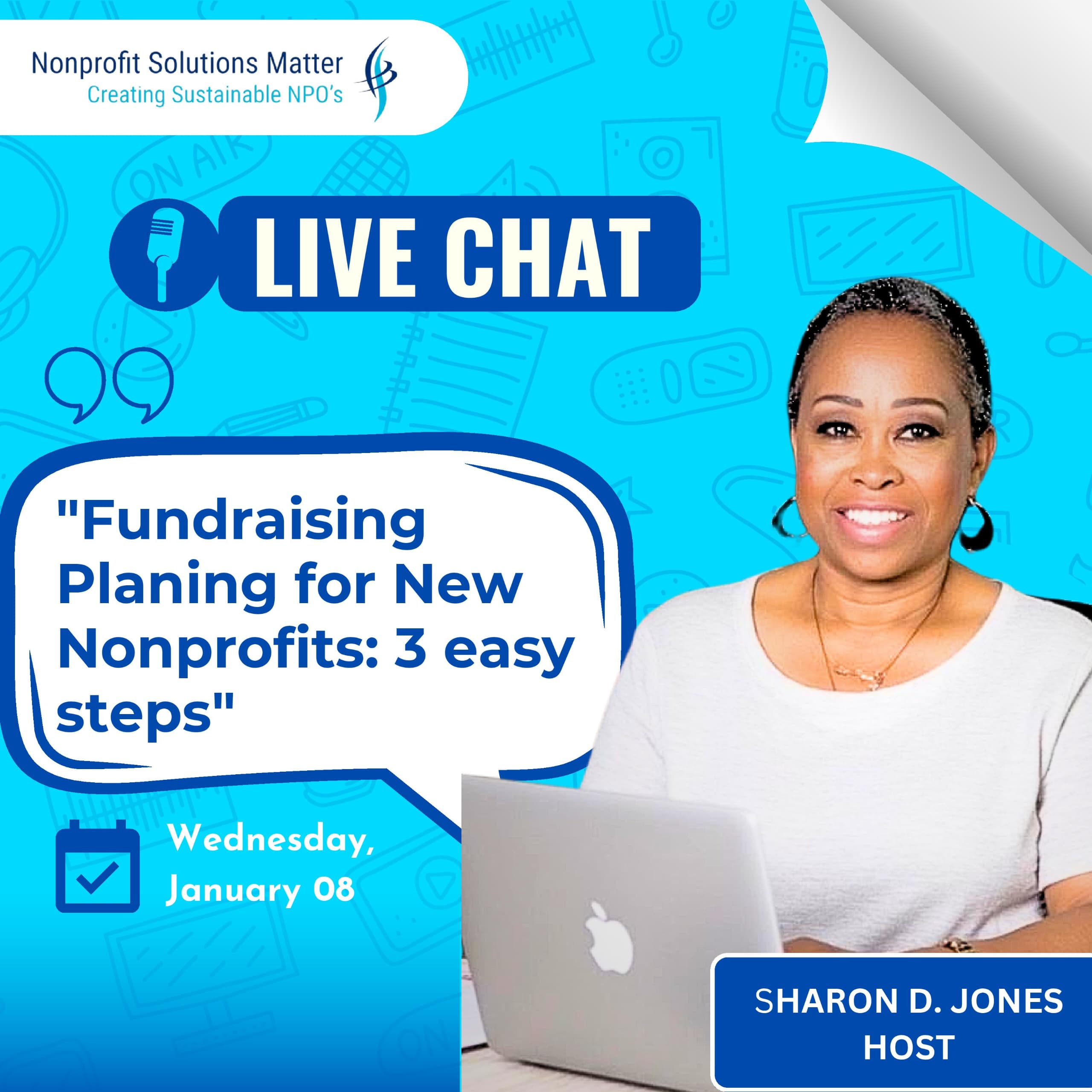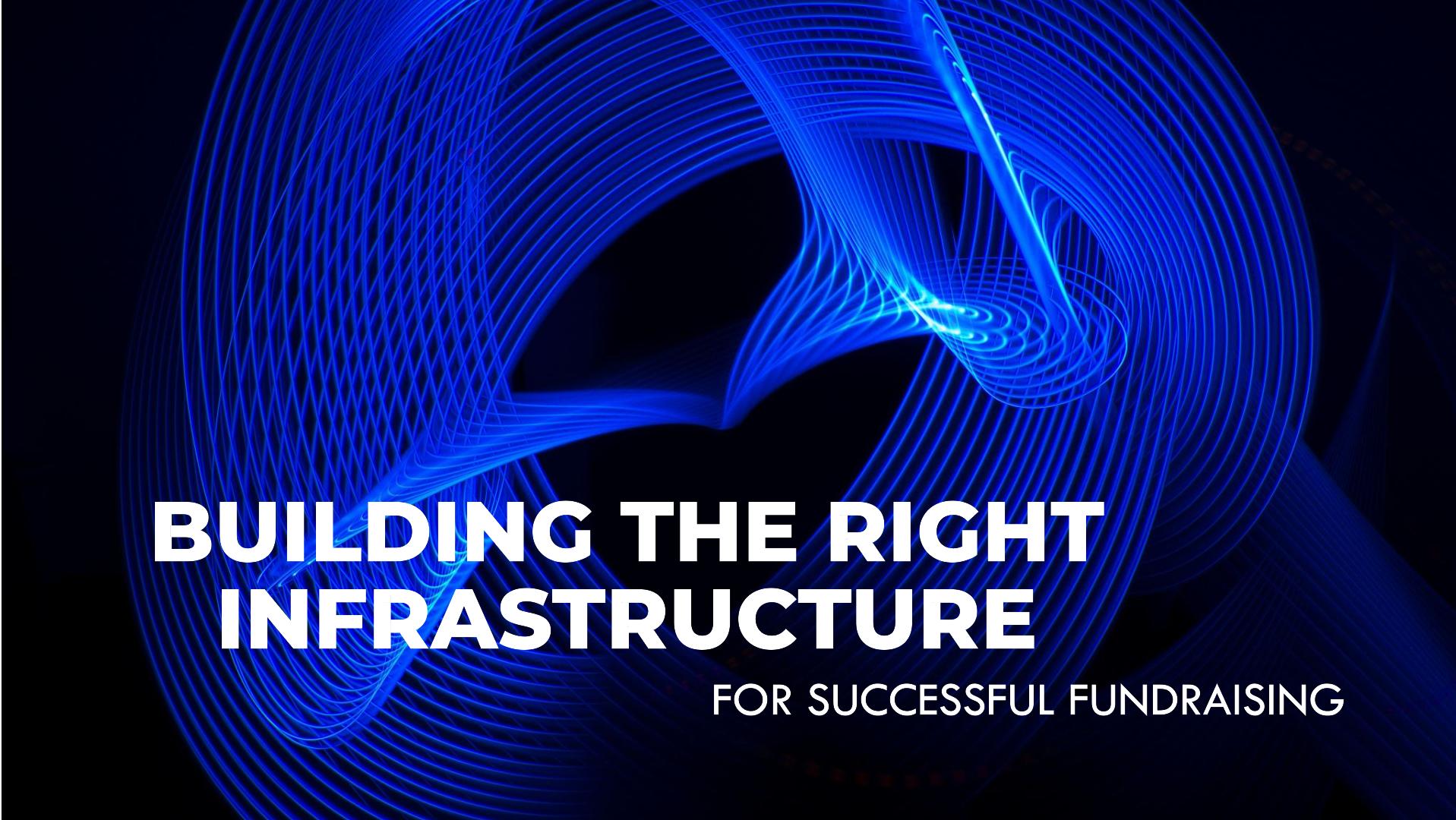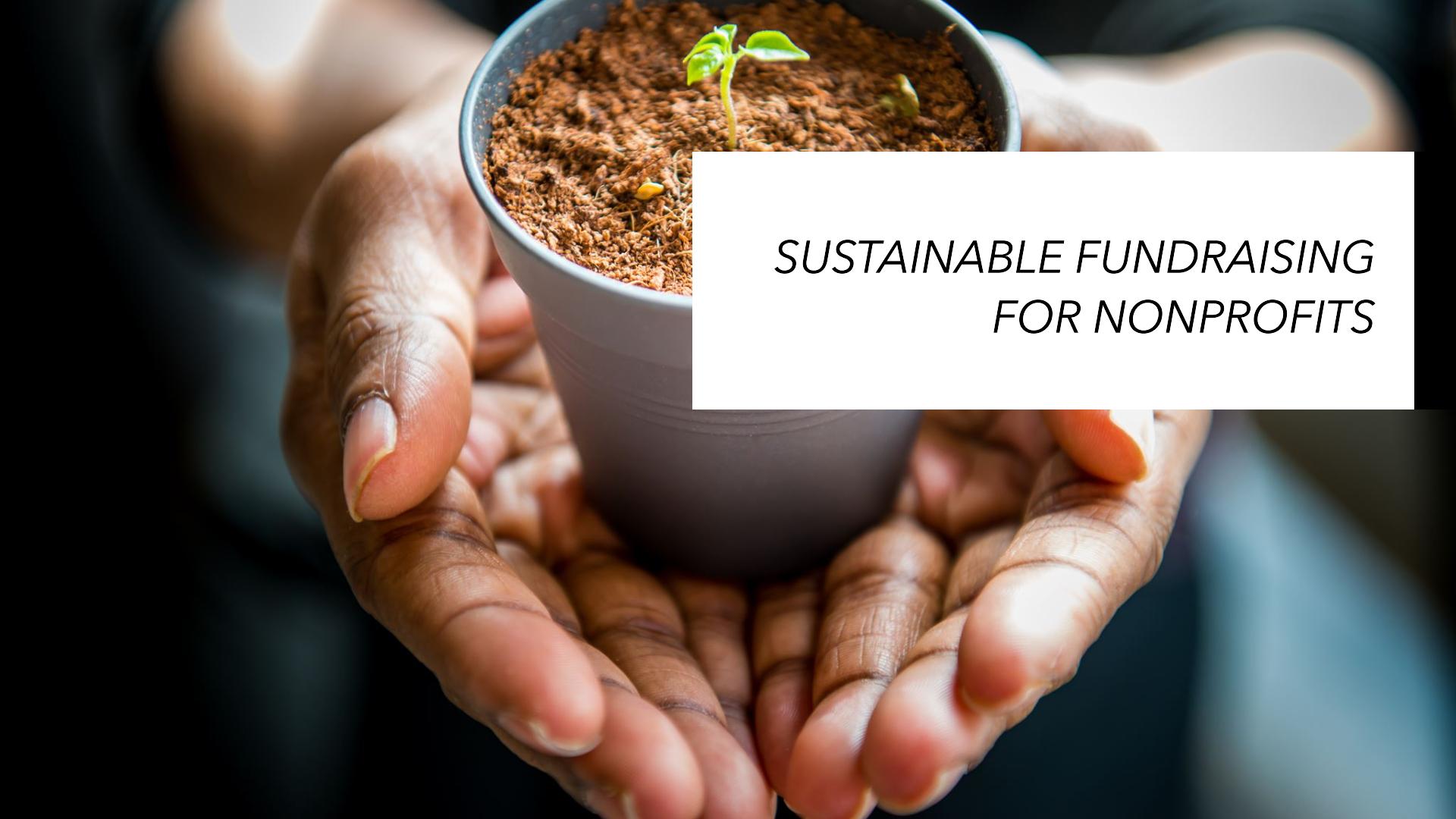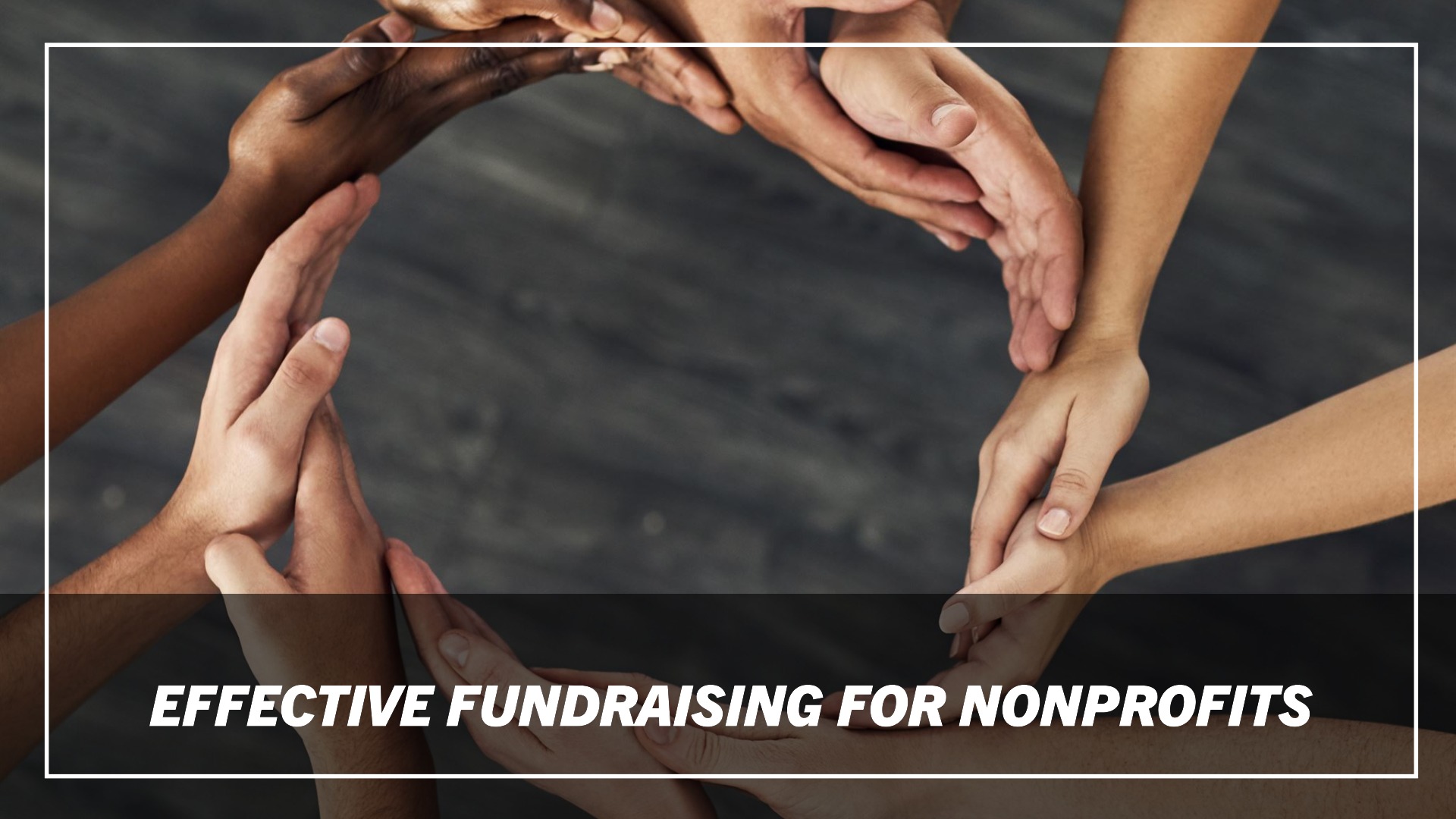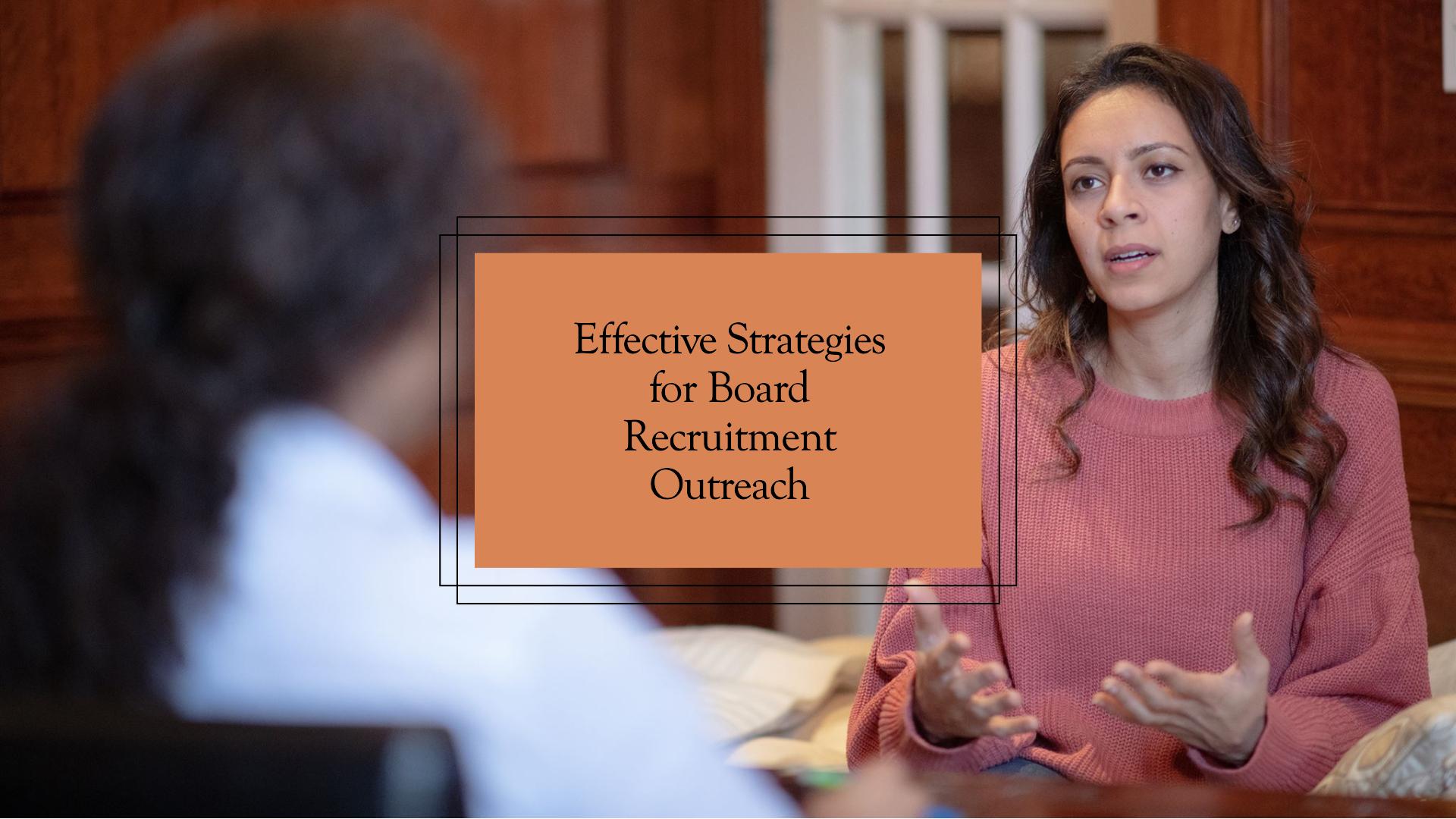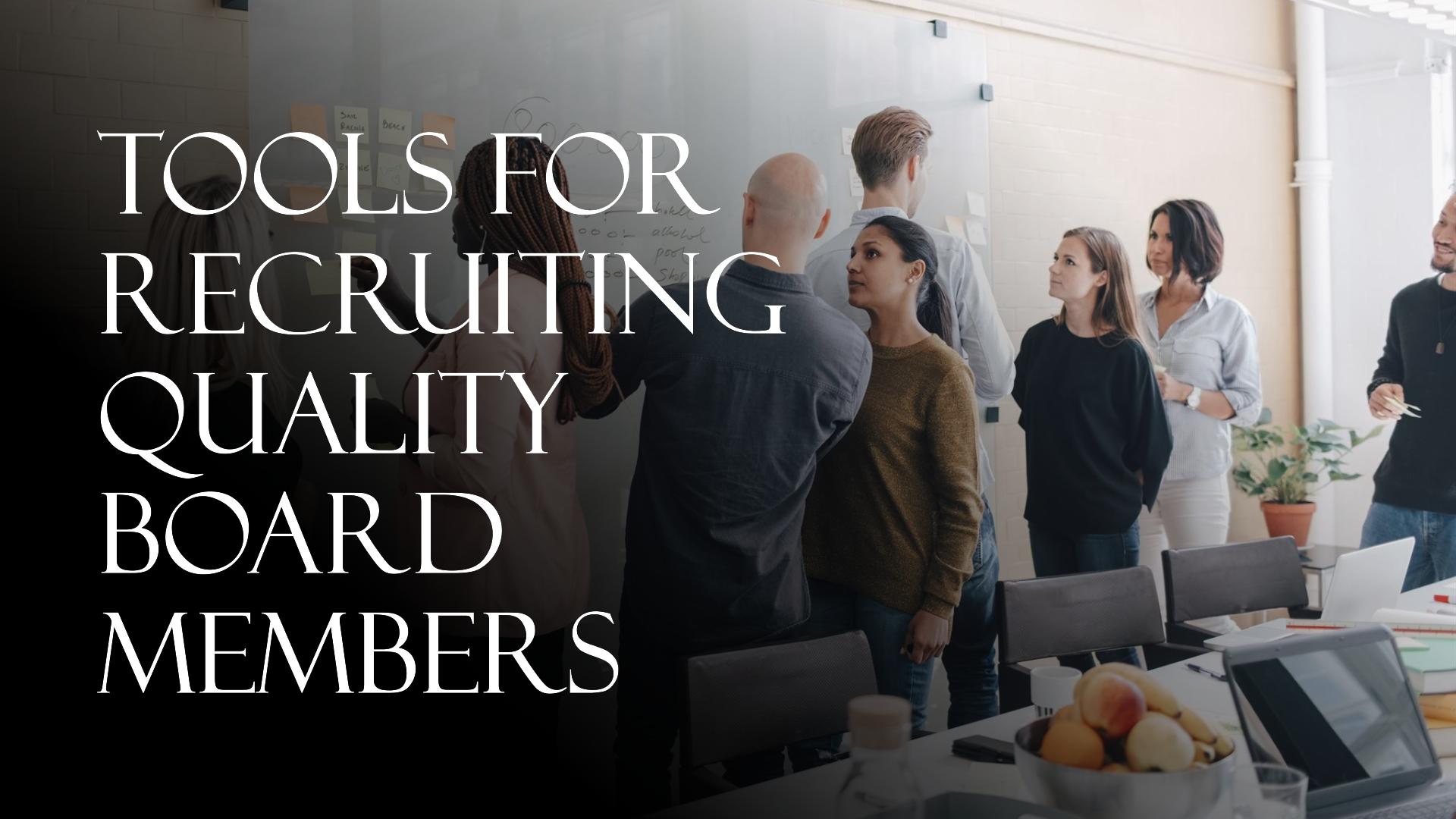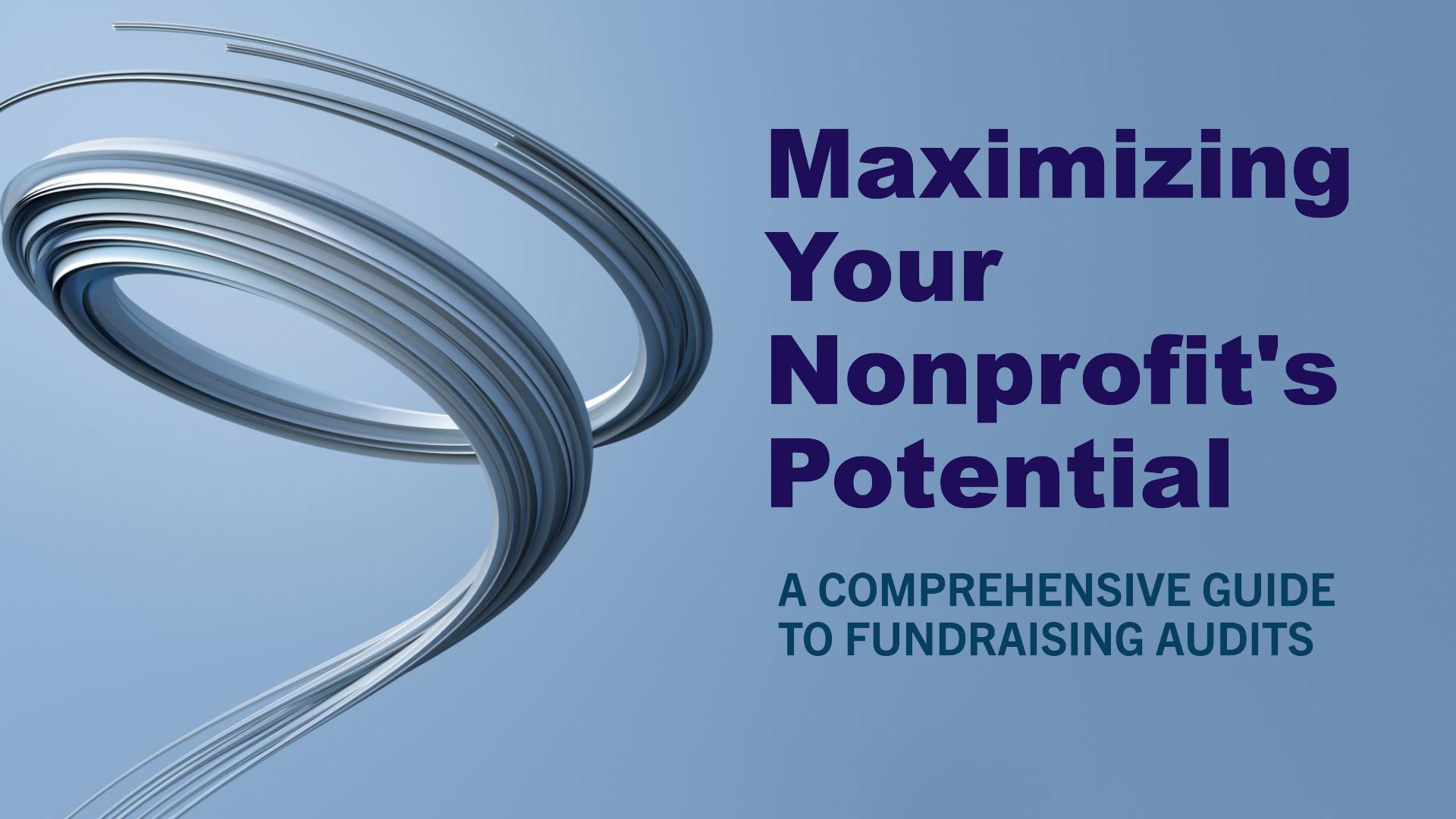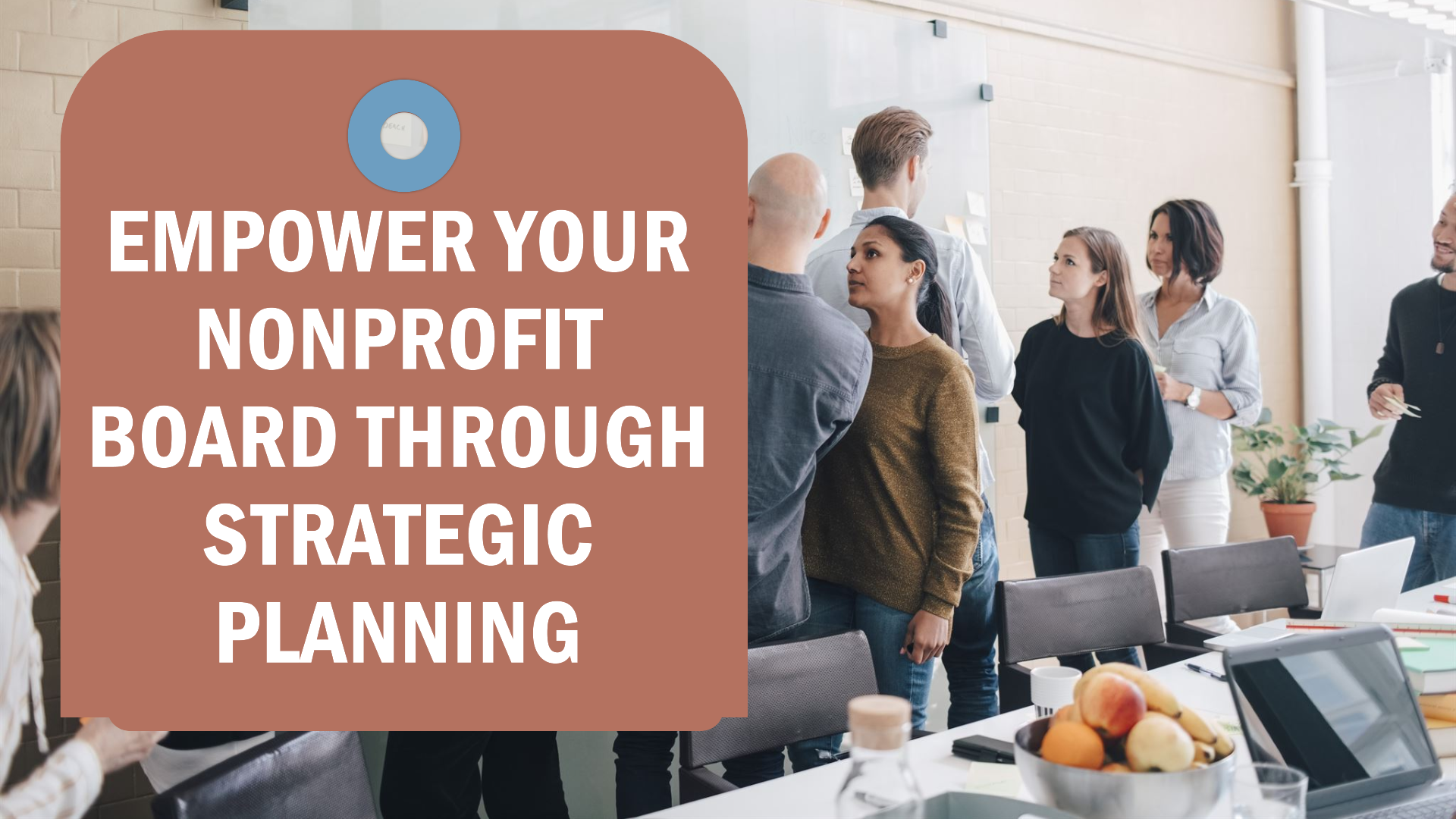Tools Needed To Raise Money From Corporate Funders
Good morning, beautiful people! It’s a wonderful day, and I’m thrilled to welcome you to the Nonprofit Solutions Matter daily radio show. Today, we’re going to talk about the tools and infrastructure you need to secure corporate funding. What tools? What infrastructure? What do you need to succeed in winning corporate funding?
If you’ve been in the nonprofit or corporate funding space, you know it’s not just about reaching out. It’s about educating potential funders and proving that your organization is legitimate and capable of delivering on its mission. So, let’s dive into the essential tools you’ll need.
1. The Proposal or Case for Support
Your proposal is essentially a convincing case for support. It should clearly state:
- What you’re asking for
- Why you’re asking for it
- What the corporate funder will get in return.
Some nonprofits include funding packages in their proposals, like gold, silver, or bronze tiers. But the most important thing is that your proposal gives the funder a compelling reason to support your organization. Sometimes you’ll send these proposals in advance; other times, you’ll use them during meetings with potential funders. Either way, it’s a crucial part of your strategy.
2. CRM (Fundraising Database)
Next, you’ll need a CRM or fundraising database. Tools like Salesforce and Bloomerang help you manage your prospects, track communication, and stay organized. These systems let you keep track of where each corporate prospect is in the funding process, what you’ve said to them, and what the next steps are. Having this infrastructure in place is key before you even launch your outreach.
3. Corporate Funding Databases
Corporate funding databases, like SAM.gov, Grants.gov, and other corporate giving platforms, provide real-time information about available funds. While some of these databases require a subscription, they’re invaluable for finding funding opportunities. Signing up for these services can give you a competitive edge by providing up-to-date information on corporate giving trends.
4. Communication Materials and Tools
You’ll also need strong communication materials—your marketing messages, follow-up emails, and any other messaging you'll use throughout the process. These are essential for making a great first impression and keeping the conversation going.
In terms of communication tools, think about Zoom, Calendly, Google Meet, or Teams. These platforms help you manage interactions between your team and the prospects. Having the right tools ensures that your communication is smooth and efficient as you run your campaign.
5. Corporate Funding Agreement Template
It’s important to have a corporate funding agreement or contract template ready. While each agreement might require customization, having a solid template in place allows you to move quickly once a corporate funder is ready to commit. You don’t want to be scrambling to draft an agreement when the time comes—have it ready so you can seal the deal without delay.
6. Project Management Tools
Project management tools like Asana or Trello are essential for managing the delivery of value and benefits to corporate funders. These tools help you keep track of timelines, manage deliverables, and ensure clear communication across the team. Having this infrastructure in place ensures you can deliver on your promises and maintain a strong relationship with your funders.
7. Financial Management Tools
To ensure transparency and accountability, you’ll need financial management tools like QuickBooks. These tools help you track how funds are being spent and make it easier to report back to your corporate funders. Being able to show a clear financial picture is critical to building trust and securing long-term partnerships.
8. Prospective Corporate Funders Directory
One often-overlooked tool is your own directory of prospective corporate funders. Sure, you can buy lists, but creating a tailored list of companies that align with your mission is far more effective. Start by identifying 100 companies that share your values, then develop a plan of care for reaching out to them. You might target two or three brands per day, or have a smaller, more focused list of 20 companies that are a perfect fit for your organization.
9. Marketing Tools
Marketing tools are crucial for getting the word out. If you’re doing email marketing, you’ll need platforms like MailChimp or Constant Contact. For social media marketing, tools like Hootsuite can help you manage your campaigns across platforms, including LinkedIn. You can also explore fundraising platforms like Givebutter to enhance your outreach efforts.
These are just some key tools and infrastructure that can help you secure corporate funding. Every organization is different, and your needs will vary, but having the right tools in place will set you up for success. Some of these tools may be more useful to you than others, but all of them play a role in building relationships with corporate funders and managing the funding process effectively.
That’s all for today! Tomorrow, we’ll dive into building your corporate funding team—who you need and how to execute. We’ll go deeper into team structure and the roles that can help you raise the money your organization needs. I’m excited to continue this conversation with you, and I look forward to seeing you tomorrow.
Thanks for tuning in! Stay tuned for more insights on the latest trends and key nonprofit issues.
Rooney Akpesiri is the Vice President of Client Services, at Solutions Matter LLC
Schedule a free call: https://calendly.com/solutionsmatter/freeassessment

